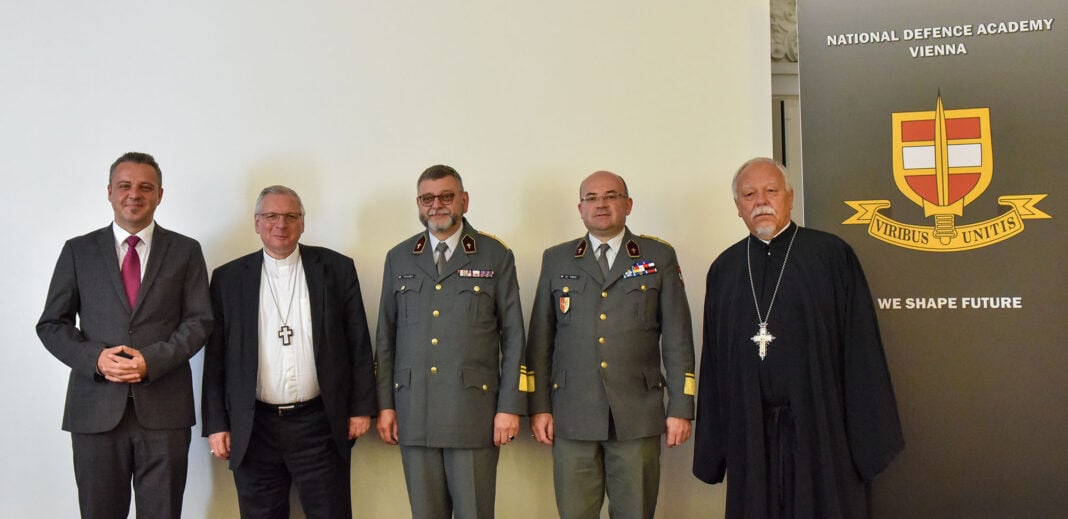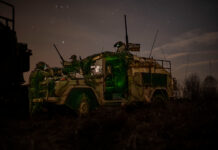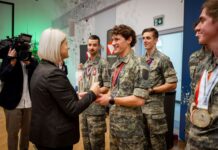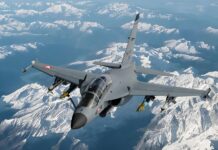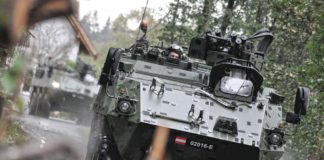In a world characterized by different beliefs, interreligious dialogue has become an important bridge of understanding. With the aim of discovering common ground, breaking down prejudices and creating synergies, the workshop “Challenges for military chaplains in peacekeeping missions” took place on July 4 and 5. The participants were international representatives of Catholic, Protestant, Orthodox and Muslim military chaplaincies.
The religious representatives from Bosnia and Herzegovina, Serbia, Germany and Austria were warmly welcomed with a video message from Defense Minister Klaudia Tanner. The senior religious representatives present, the Catholic military bishop Werner Freistetter (-> Interview with the military bishop from the soldiers’ pilgrimage in Lourdes), military superintendent Karl-Reinhard Trauner, the representative of the Orthodox military chaplaincy Father Alexander Lapin and the president of the Islamic religious community, Ümit Vural, together with Lieutenant General Erich Csitkovits, welcomed the international representatives in the Sala Terrena of the National Defense Academy. In their speeches, they emphasized the importance of an open and respectful exchange among each other.

The workshop, which took place for the first time, gave military chaplains the opportunity to discuss the challenges of caring for soldiers at home and abroad. It is important to understand that the aim of the dialog is not to negate or blur the differences between the religions, but rather to find common ground and build mutual understanding. In addition to providing religious support, the military chaplaincy also plays an important role in providing general moral support to soldiers. Nevertheless, chaplains face many challenges, such as dealing with multiculturalism in the armed forces, availability at remote locations, reconciling their own convictions with military principles and the stresses and strains of military life. Empathy, commitment and intercultural competence are crucial to successfully meeting these challenges and effectively supporting soldiers. Military chaplaincy plays an important role in the service and requires a professional approach.

Interreligious dialog is not an easy process, and although important initial steps have been taken in recent days, there are still many obstacles to overcome. Historical and current conflicts make interreligious exchange between soldiers difficult, which is why the meeting and dialog on the experiences of military chaplains to date was all the more important. The workshop was conducted by employees of the Military Diplomacy Department, Western Balkans Initiative II, in cooperation with Military Dean Stefan Gugerel and Military Iman Kenan Čorbić in accordance with the specifications of the Directorate General for Defense Policy and International Relations on behalf of the Directorate General for Defense Policy.

